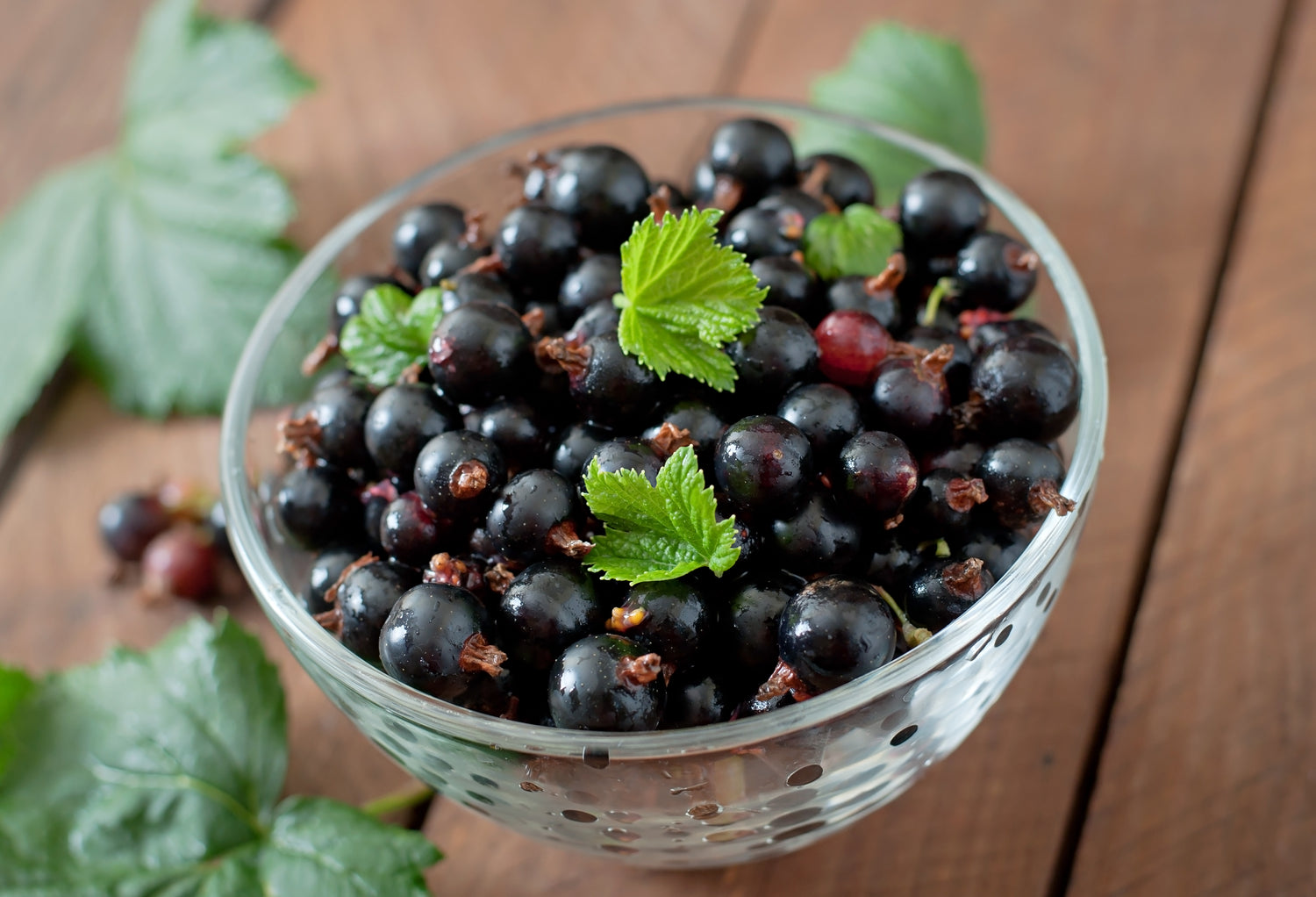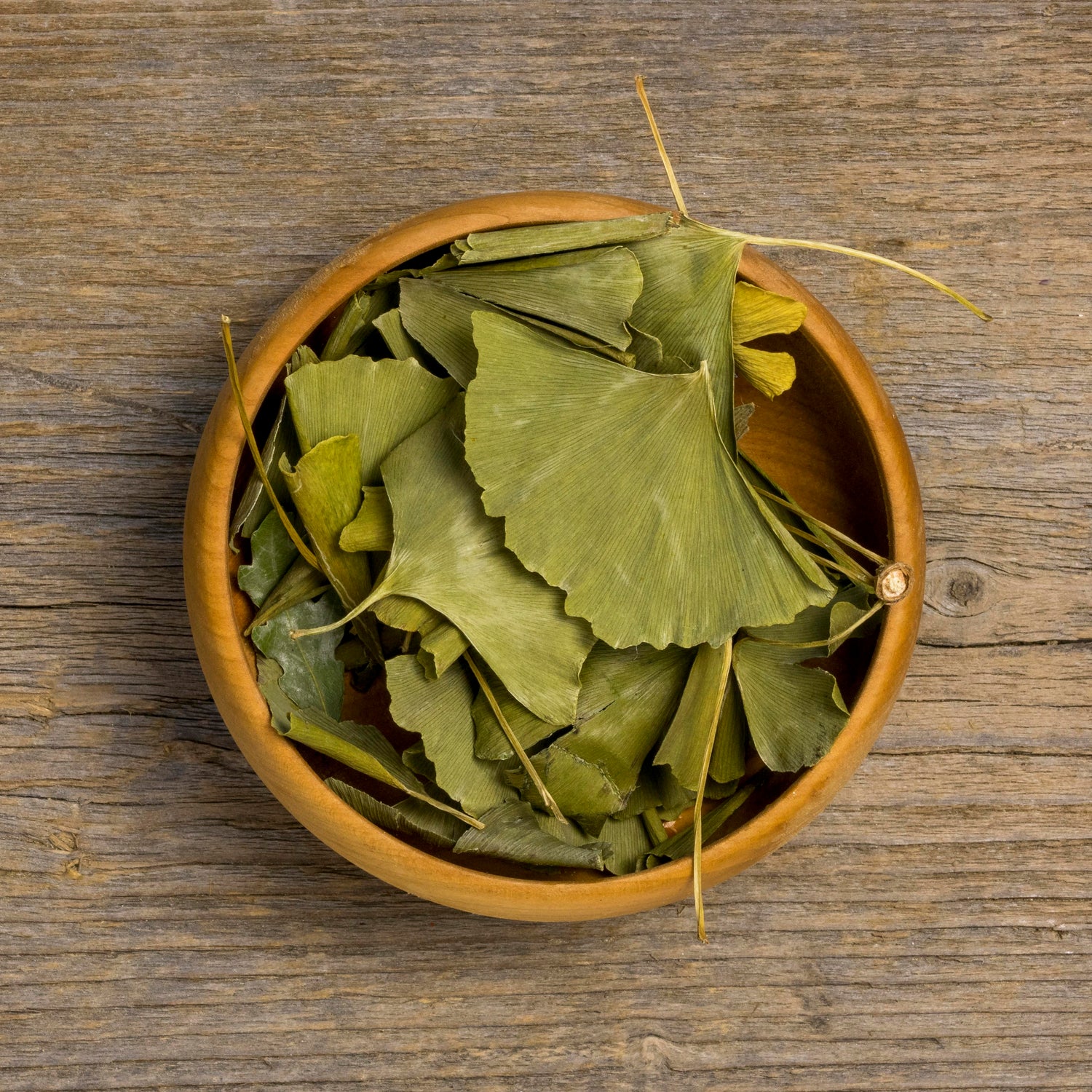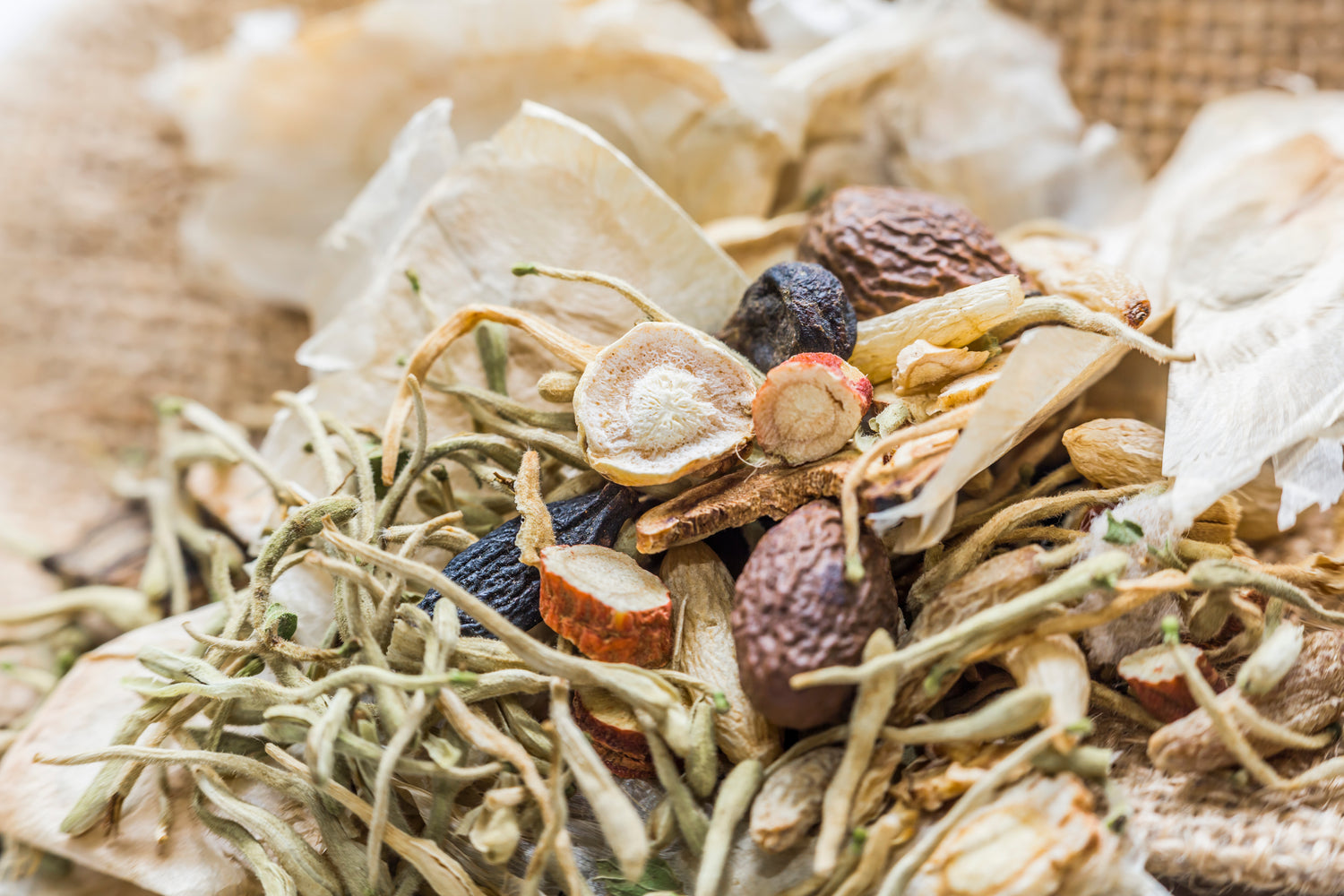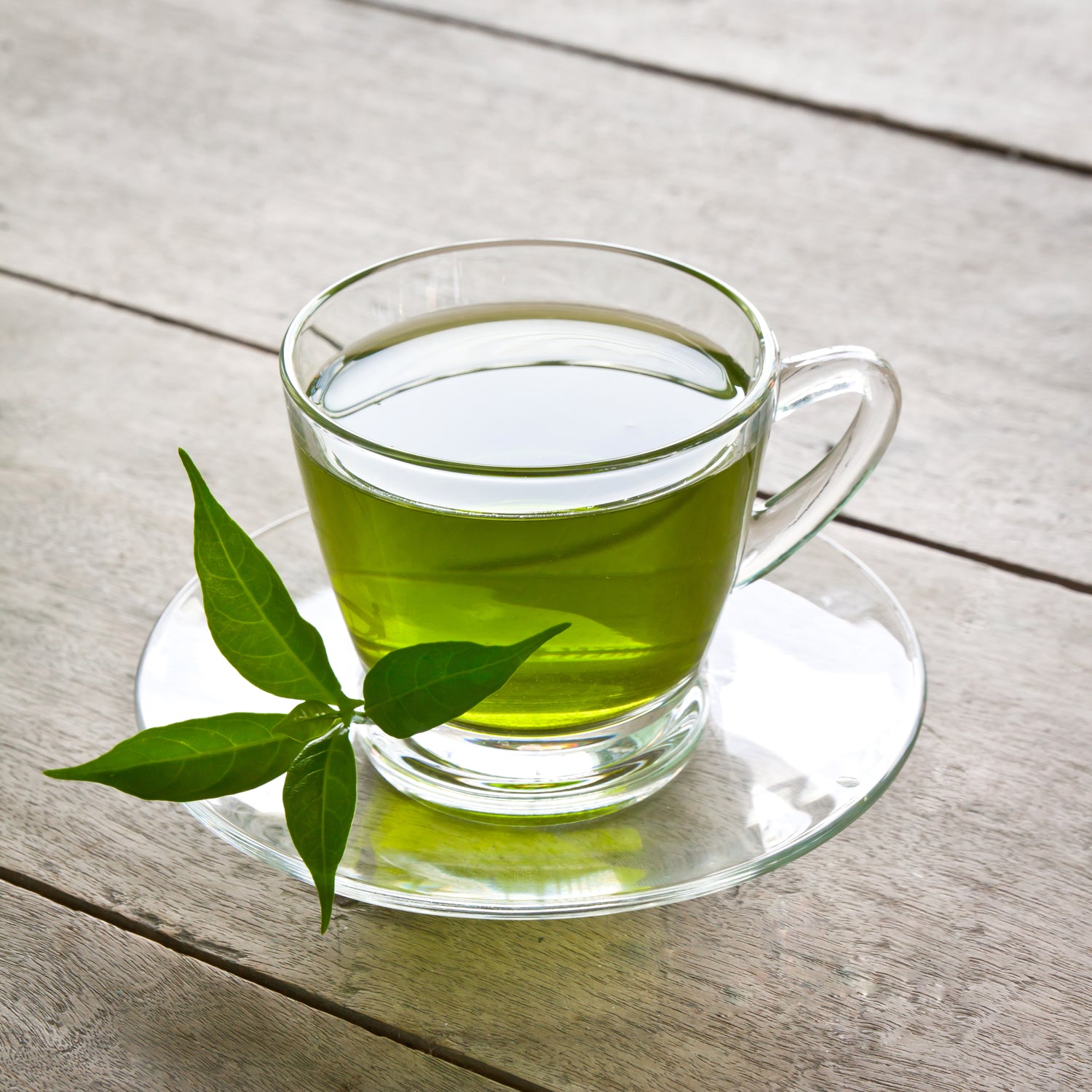Blackcurrants (Ribes Nigrum)
Cognitive Boost
Research has shown that acute supplementation with blackcurrant extract can enhance cognitive function and mental performance in healthy young adults. In a study involving 36 participants, blackcurrant juice significantly improved performance on tasks requiring alertness, vigilance, and sustained attention, while also reducing feelings of mental fatigue (Haskell-Ramsay et al., 2016). This finding underscores the berry's potential as a natural cognitive enhancer.
Attention and Mood
Specific varieties of blackcurrants, such as the New Zealand 'Blackadder' variety, have been linked to improvements in various mental performance indicators, including accuracy, attention, and mood. These effects are thought to stem from the modulation of monoamine oxidase activity, which plays a critical role in regulating serotonin and dopamine levels in the brain. Research suggests that these neurotransmitters are essential for maintaining mood and cognitive clarity (Watson et al., 2015).
Neuroprotection
The polyphenols found in blackcurrants possess potent antioxidant properties, which may help mitigate oxidative stress and reduce the progression of neurodegenerative diseases. Studies have indicated that these antioxidants may play a role in slowing cognitive decline associated with aging and conditions like dementia (Plant & Food Research, 2015). By combating oxidative damage, blackcurrants can contribute to overall brain health and longevity.
Stress and Anxiety
Emerging evidence suggests that blackcurrant consumption may also exert anxiolytic effects. A pilot study utilizing EEG technology indicated that blackcurrant juice consumption was associated with increased alertness and reduced mental fatigue, alongside changes in brain wave activity that suggest a reduction in anxiety levels (Francis et al., 2020). These findings highlight the potential of blackcurrants as a natural means of managing stress.
Focus and Alertness
Blackcurrants have been shown to enhance focus and reduce mental fatigue during cognitive tasks. Participants consuming blackcurrant juice reported significant improvements in alertness and vigilance, critical factors for sustaining focus during demanding activities (Watson et al., 2015). This effect can be particularly beneficial for individuals engaged in prolonged cognitive work or studying.
Conclusion
In conclusion, blackcurrants emerge as a promising natural supplement for enhancing cognitive function, improving mood, and reducing stress. Their rich composition of polyphenols, particularly anthocyanins, not only supports brain health but also provides mechanisms for alleviating anxiety and enhancing mental performance. As research continues to expand on the cognitive benefits of blackcurrants, they hold significant potential for integration into daily dietary practices for those seeking to boost mental acuity and emotional well-being.
Bibliography
- Haskell-Ramsay, C. F., et al. (2016). Acute supplementation with blackcurrant extracts modulates cognitive functioning and inhibits monoamine oxidase-B in healthy young adults. Journal of Functional Foods. doi: 10.1016/j.jff.2016.07.033.
- Watson, A. W., et al. (2015). The impact of blackcurrant juice on attention, mood, and brain wave activity in healthy young adults. ScienceDaily. Retrieved from https://www.sciencedaily.com/releases/2015/06/150625113255.htm.
- Plant & Food Research. (2015). New Zealand blackcurrants good for the brain. Retrieved from https://www.plantandfood.co.nz/news/nz-blackcurrants-good-for-the-brain.
- Francis, H. M., et al. (2020). Changes in central and peripheral vascular function in humans after consumption of flavonoid-rich fruits. Nutrition Bulletin. doi: 10.1111/nbu.12456.

Blackcurrants (Ribes Nigrum)
Blackcurrants, scientifically known as Ribes nigrum, are small, dark berries packed with nutrients and bioactive compounds, particularly polyphenols, that have garnered attention for their potential health benefits.
These berries are particularly rich in anthocyanins, flavonoids, and vitamin C, which contribute to their antioxidant properties.
Increasingly, research is highlighting the cognitive-enhancing effects of blackcurrants, as well as their role in stress reduction and overall mental performance.

Gingko Biloba
Ginkgo biloba, or maidenhair, is a tree native to China that has been grown for thousands of years for a variety of uses. Because it’s the only surviving member of an ancient order of plants, it’s sometimes referred to as a living fossil. It may help reduce inflammation and benefit heart, brain, and eye health.
Ginkgo biloba has been researched for its potential effects on brain function, stress reduction, and mental focus. Its use in traditional medicine is well-documented, and modern research continues to explore its benefits in cognitive health.

Ginseng
Ginseng, particularly Panax ginseng, has been extensively studied for its potential cognitive enhancing effects and its role in reducing stress and improving mental sharpness.
Traditionally used in various cultures for its health benefits, ginseng is recognized for its adaptogenic properties, which help the body manage stress and promote overall well-being.

L-Theanine
L-theanine, an amino acid predominantly found in green tea, has been extensively studied for its effects on brain function and mental performance. This compound has garnered attention for its ability to promote relaxation without sedation, making it a valuable supplement for enhancing cognitive function and reducing stress.

